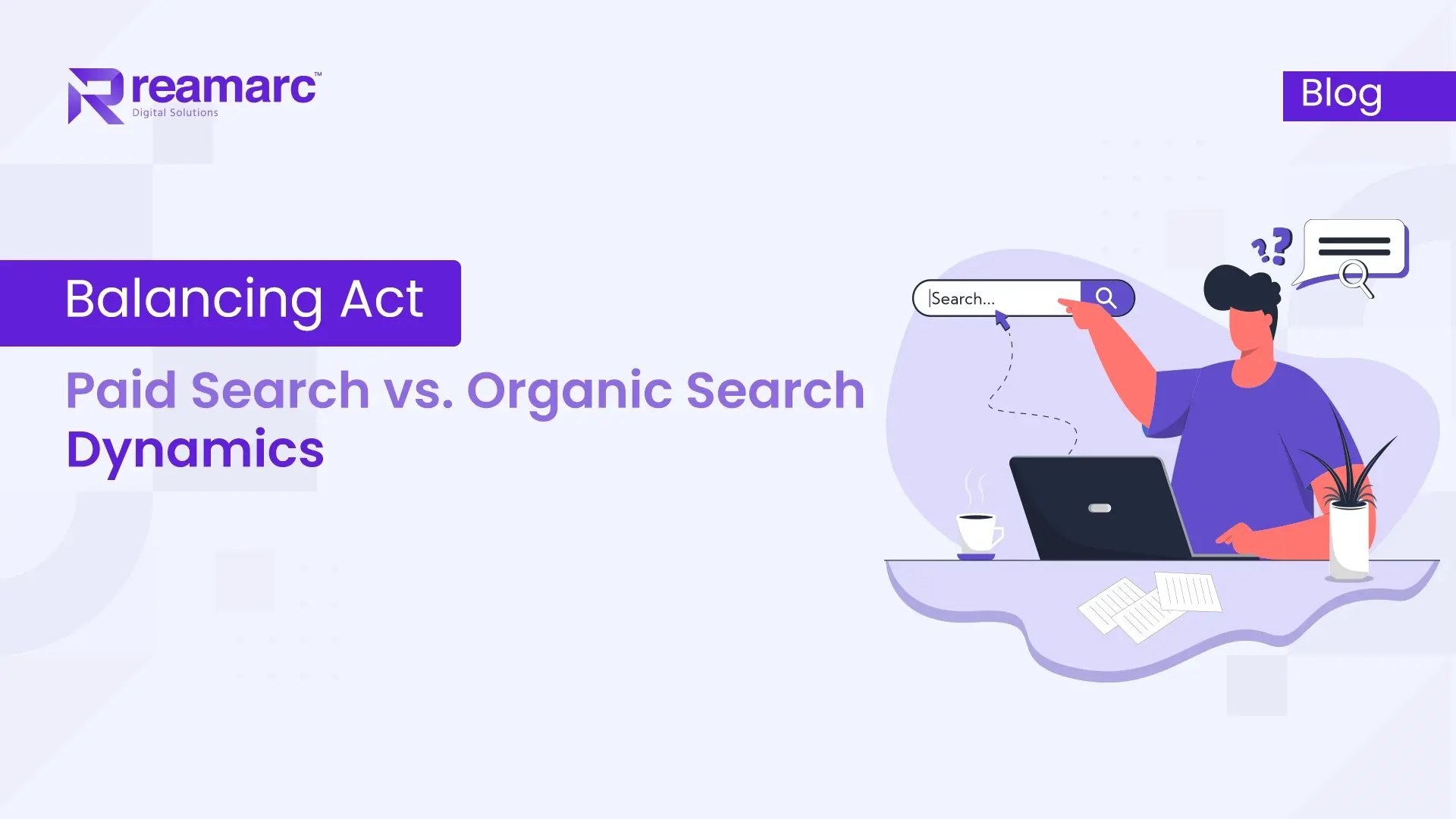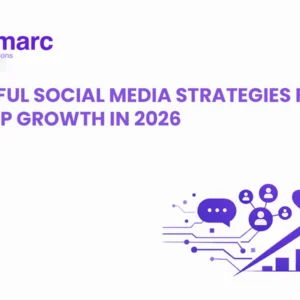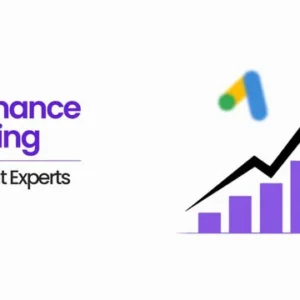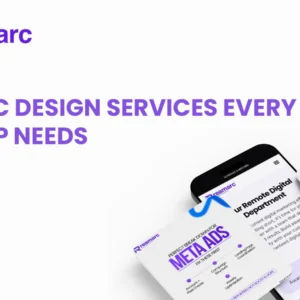PPC and SEO are both excellent methods for increasing the authority of your website and brand while also bringing in more customers and revenue for your company. However, these two groups/channels frequently operate independently and in different silos.
Even while each of these solutions may and does function effectively alone, combining the efforts of both teams can be a very effective business tactic.Rather than cooperating independently and even battling over funds, schedules, materials, and positions.
Both strategies will get unique insights and knowledge that they would not otherwise have by combining so that they cooperate and function as a single unit. They will be able to achieve outstanding outcomes in both campaigns thanks to these insights.
Although it isn’t intended for these two marketing channels to function separately, that is practically always the case. However, if you combine the two channels and stop viewing them as distinct entities, you’ll find that they may work together to improve your overall performance more than if you just had them operate independently.
PPC campaigns provide you with incredibly strong and informative data and insights. The insights you may gain from combining that data with your SEO tactics will help you produce content that will significantly increase your organic search traffic.
A major difficulty for many organizations is finding the right balance between organic and sponsored search techniques, as they are usually just utilizing one of them.
How PPC and SEO may complement each other to grow your business
Working with PPC to optimize SEO can yield a wealth of keyword and conversion data, but combining PPC and SEO can also greatly increase a company’s ability to control a significant portion of the search engine results page (SERP) and display ads at the top of the page while controlling the organic listings below.
It is important not to ignore this, as it increases your chances of attracting users who may be searching for your brand or a product that you sell. If, for instance, you are running SEO and PPC campaigns independently, and a person searches and sees your advertisement, but ignores it and goes straight to the organic listings because you are not listed for that specific search, you may lose out on the opportunity to acquire that user.
Thus, if you are utilizing SEO and PPC together, and you utilize your PPC data to learn more about what people were and are searching for, you will be able to determine where your advertisements are showing up but not your organic results.
With that information in hand, you can utilize it to craft excellent content for those keywords and tailor your website to that stage of the customer experience.
The PPC advertisements on your website may now appear at the top of the page in addition to your website appearing in the organic results below those ads.
This implies that your website will appear in the organic results if a searcher chooses to ignore your advertisement and go straight there, giving you more brand discovery.
Paid Search vs Organic Search dynamics play a significant role in determining where your website ranks in both paid and organic search results, ultimately influencing your brand’s visibility and reach.
In addition to gaining more exposure than you would have if you had only used PPC or SEO, combining the two and controlling the SERPs for a particular keyword will also make your website more visible and increase the likelihood that a user will click through to it.
Users, searchers, and prospective buyers are more likely to perceive a brand that is well-represented throughout the SERPs as valuable and trustworthy, which is an additional advantage of integrating PPC and SEO strategies and dominating the SERPS.
Making PPC and SEO function for you
You may be thinking, “Okay, great, I know that I need to have both SEO and PPC work together, how do I go about this?” at this point.
These are some useful pointers to ensure that PPC and SEO complement each other.
Keywords
Because they are essential to the creation of appropriate content for each approach, keywords are significant for both PPC and SEO. In order to appear in the SERPs when a user is seeking for information, a brand, to shop, etc., they will both want to target the appropriate and relevant keywords.
Your SEO staff will be able to provide content that users are searching for and therefore be able to stay in front of customers throughout their journey by using the keyword data and insights from your PPC campaigns.
Making advertisements
You may obtain backlinks that will help your site’s content rank naturally by using paid social media and retargeting advertisements to have your content spread across many channels. You may make retargeting advertisements in the meantime to assist draw visitors back to your website after they have gone.
PPC information
As we previously discussed, there is a wealth of information available in PPC campaign data that you can utilize to assist in producing highly targeted content that will help the pages on your website rank naturally. You will be able to view a plethora of information from your PPC campaigns, including keyword search statistics, impressions, CTR, and much more.
This will help you produce material that may be missing from your website and improve the optimization of the information on it. It will also assist you in producing highly targeted and optimized page names and descriptions.
FAQs
-
What distinguishes organic search from sponsored search?
Answer: While organic search is free of charge, paid search requires marketers to pay to have their advertising shown.
-
Is SEM organic or paid? How Do SEO and SEM Differ from One Another?
Answer: The process of directing search engine traffic to your website is known as search engine marketing or SEM. This traffic can be generated by sponsored listings, organic listings, or both.
-
What distinguishes SEM from sponsored search?
Answer: Paid Search, Paid Advertising, and PPC are other names for SEM (Search Engine Marketing). For their adverts to appear in search results, advertisers must pay. Google labels these advertisements with an “AD” symbol next to the URL. Search engine optimization, or SEO, is the process of making a website appear as high in organic search results as possible.
-
What distinguishing factors exist between organic and sponsored search traffic?
Answer: Paid traffic is appropriate for short-term goals as it may provide tailored exposure and instant results for particular initiatives. Conversely, organic traffic is a long-term investment that may support the establishment of consistent market presence, reputation, and trust.
-
What connection exists between organic and paid search?
Answer: By raising brand awareness, paid search might benefit organic search results inadvertently. For instance, a prospective customer is more likely to click on a listing the next time they see it after seeing an advertisement for a brand.
Conclusion
After reading this post, it should be clear that the debate between SEO and PPC is over. Now that you know the possible advantages of combining your SEO and PPC campaigns, it’s time to put this new plan into action.
Equipped with all the information you possess from your PPC campaigns, leverage these fresh facts and perspectives to develop superior SEO tactics that will offer you a competitive edge and facilitate client outreach throughout your whole journey.








